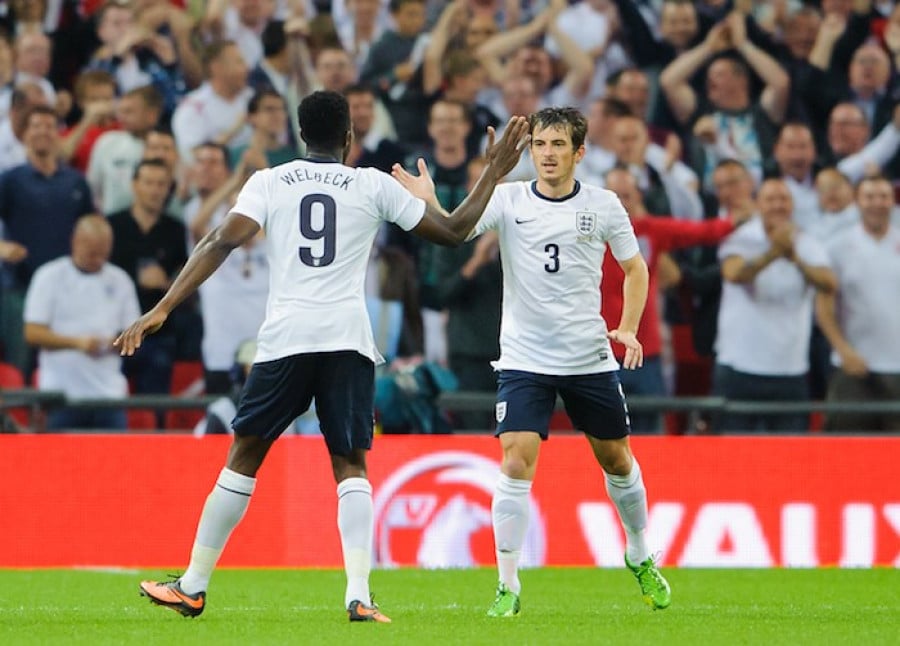Relating to the fans

Andrew Clarke QC of Littleton Chambers reflects on the responsibilities of players and clubs when interacting with their fans.
Everyone remembers the Cantona kung fu kick. A few weeks ago we had a non-league footballer running into the stand, apparently intent upon battering a fan who was taunting him. No-one would seek to defend either player and each club's ability to respond by taking disciplinary action was clear and obvious, given the nature of the players' actions.
Other incidents in football raise more subtle problems. Nicholas Anelka is defending the "quenelle" gesture he made towards the crowd apparently (according to the press) on the basis that it was not racist, but either an expression of support for his friend (a French comedian fond a making the inverted Nazi salute), or a more general anti-establishment statement. It would appear that, on any view, his actions had the potential to inflame elements in the crowd. What should West Brom do about this? Does it matter that prior to his act hardly anyone in England was aware of the antics of his friend, or the alleged significance of the gesture? Theo Walcott's gestures (of the scoreline) to the crowd as he was carried off on a stretcher did not lead to any punishment from the FA, but should it (and could it) have led to some sanction from his club?
Walcott was responding to the chants of rival fans (and his facial expression certainly suggested that he did not intend to be antagonistic or provocative). Yet, is it ever appropriate to interact in that way with opposing fans and, if it is, where is the line to be drawn? It is not unusual for fans to make their views of opposing players known and this can be highly provocative, but some argue that football is too tolerant of player reactions. At times the FA has sought to outlaw excessive goal celebrations and FIFA's Laws of the Game seek to prohibit "provocative, derisory, or inflammatory" celebrations. Yet, confrontational celebrations in front of rival fans are still seen with regularity. At times players appear deliberately to be challenging the boundaries of what they can get away with.
In other sports there seems to be less of a tradition of crowd confrontation. For example in the Tour de France crowds impeded riders on mountain stages and Mark Cavendish apparently had urine sprayed at him the day after a collision in a sprint finish. The riders choose to react verbally in interviews rather than in the heat of the moment. Of course, the circumstances are different, but perhaps so is the mindset? Riders generally leave angry fans behind on the road, but neither Rugby code has such problems, nor does cricket. There are hecklers in the crowd at such matches. Sometimes there has been racist chanting from small minorities, but it almost of unheard of for players to react in a way that incites the crowd and they certainly do not themselves perform to antagonise the fans.
To continue reading or watching login or register here
Already a member? Sign in
Get access to all of the expert analysis and commentary at LawInSport including articles, webinars, conference videos and podcast transcripts. Find out more here.
- Tags: FIFA | Football | Player Conduct | Rugby | The FA
Related Articles
- Sports organisation could be vicariously liable for injury to players due to the poor conditions of pitches
- Bullying in professional sports: Adapting to an evolving legal landscape and mitigating risk
- The curious case of George North part 1 - global release periods and Premier Rugby policy
- The curious case of George North part 2 - player power and terms of contracts
Written by
Andrew Clarke QC
Andrew Clarke QC is a leading employment lawyer, part-time judge and co-head of Littleton Chambers in London.

 Global Summit 2024
Global Summit 2024